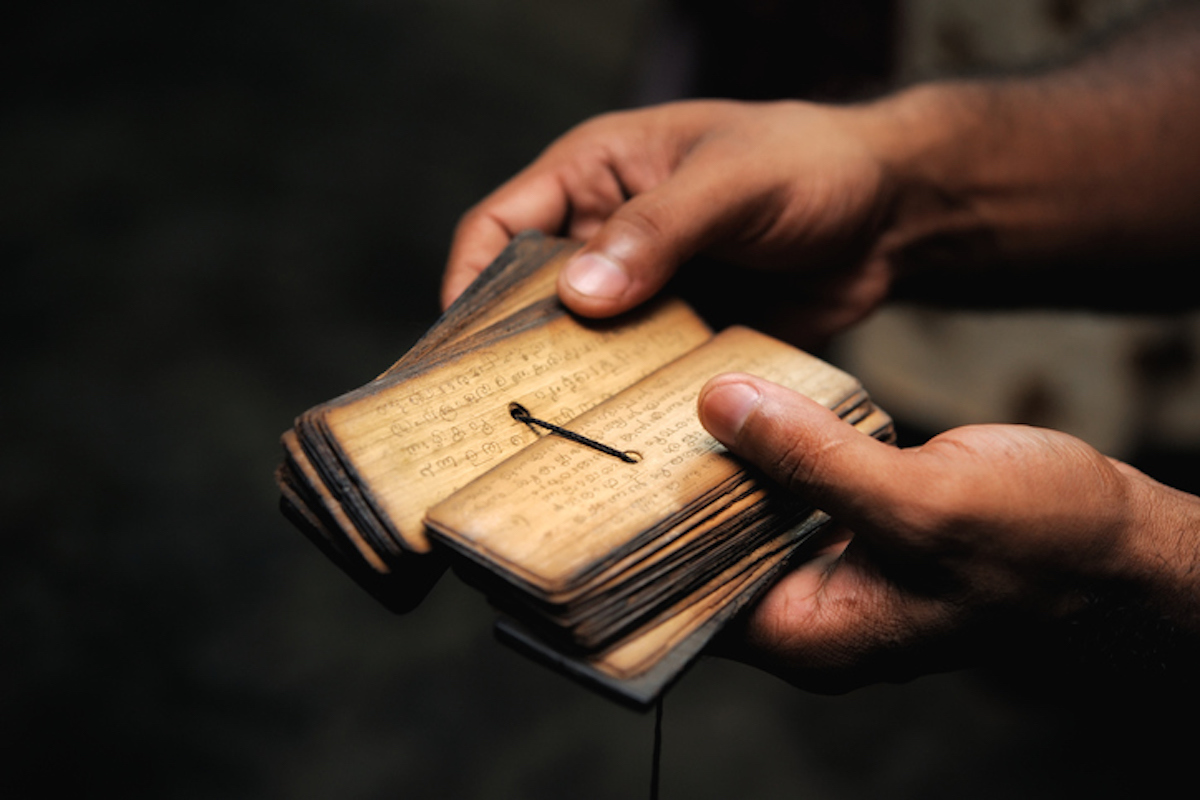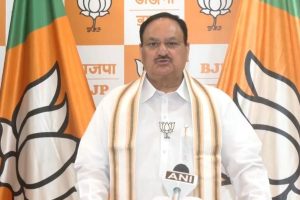Of course, Indian languages are dying a slow death. Owing to the richest traditions and diverse cultures, India is definitely losing its essence–unity in diversity–with time. In other words, language is all at once a mechanism that determines how we relate to the world, to each other, and even to ourselves. Any native language, a mother tongue, is a tool that makes us human, relates us to our origins and roots. A single word from any language connects us to a completely different world. The cost of losing a language equals the death of a culture, death of a way of thinking and a whole way of life in itself. Can we afford the disappearing ancient Indian ways of life and cultures?
Will it be acceptable for Indians to lose their diversity?
As the world is becoming one with one language of the Dot.com world, many tribal cultures and languages are at stake. We have already lost many, as every now and then, we hear the last speaker of “this or that” language has died. What our children learn in the schools is the language in the majority, therefore they can learn a way of living and communicate to compete in the future and the outside world. U.R. Ananthamurthy, a Kannada writer said that India is a country where the illiterate worker speaks five-seven languages and the convent school child speaks one. The death of any language sure is a tragedy in itself.
According to a poet and existentialist, Walt Whitman, language is the sum total of all that humans experience as a species. “Language is not an abstract construction of the learned, or of dictionary makers, but is something arising out of the work, needs, ties, joys, affections, tastes, of long generations of humanity, and has its bases broad and low, close to the ground,” Humans would be unable to express their feelings without the language of their own birth, the one with which a newborn communicates with their mother, thoughts, emotions, desires, and beliefs. Without native languages, there could be no diversions in society and possibly no culture or religion.
Globalization and the internet have already affected the linguistic culture of Indians in various sense. Many Indians have a vested interest in maintaining the status quo by speaking the English language. Since independence, there has been a proliferation of English medium schools in India and globalization is one of the reasons why. Many schools give the choice of choosing French or German over Sanskrit. It not a point of criticism as our children need to be in line with the futuristic world. However, it is a point to ponder, how we can save the ancient language that we own, while also accepting modernism.
The people of India need to understand that their native language is relevant, possesses dignity, provides us identity, competence, and meaning in our lives. No one guarantees the survival of dying languages, it is completely up to our choices on how we sustain and transcend them to our future generations. A language disappears when the new generation accepts modernity and doesn’t want to inculcate old ways of the lives, lived by their parents.
The major drawback of our ultra-modern and hyper-connected world is the loss of real human-to-human touch, connection, emotions, and feelings. The emptiness of the world that has made us one, can be seen in the rising mental health issues every year.
Probably, schools and universities must follow a two-language formula, where one language must be English-to communicate with the outside world, and the other must be their native language, the language of their community or tribe. This way maybe we can save the dying knowledge and languages of our rich and indigenous cultures.











